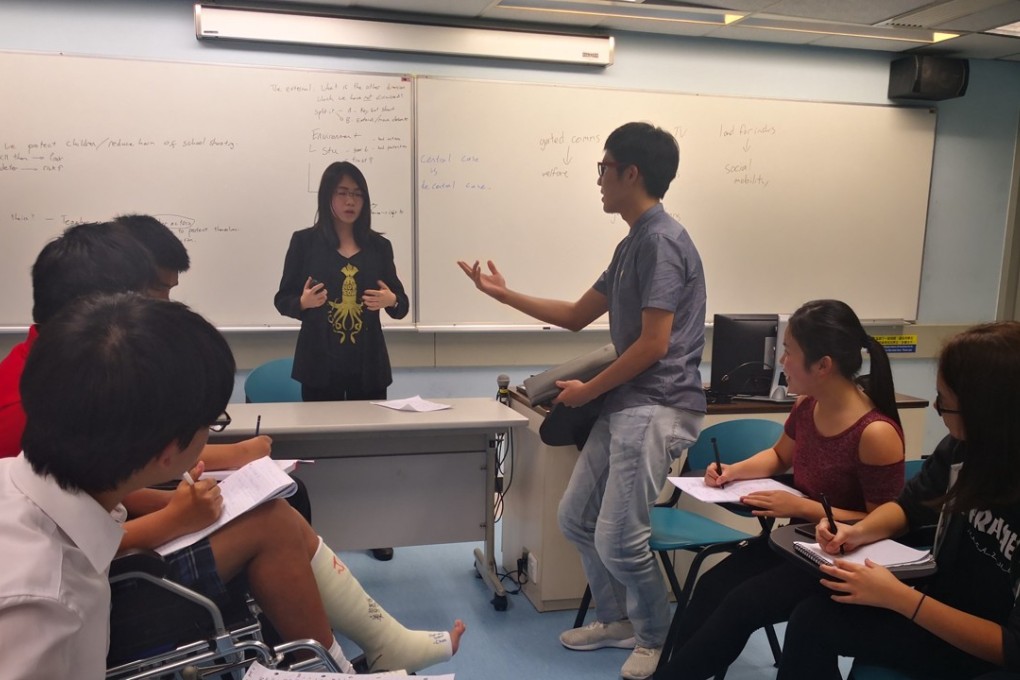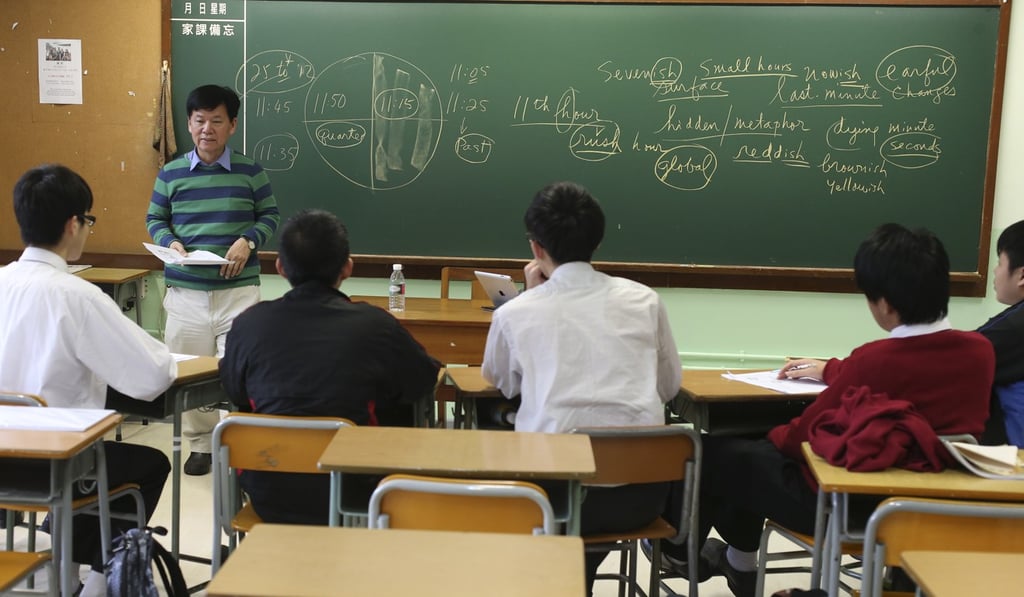For better English skills, Hongkongers have to get better at arguing

As a teacher in a local EMI (English as Medium of Instruction) secondary school, I am frequently asked by parents and friends about ways to brush up English competency, not only in reading and writing but also speaking.
While they are eager to know about fast track “exam skills” highlighted by many tutorial gurus these days, I must tell the truth – such competency can only come through reading English newspapers, watching English TV programmes and news reports, listening to songs and, if possible, joining some English drama and debating activities to enrich the learning experience.
Reading textbooks, learning the grammar and filling out grammar exercise workbooks do build a foundation in the language for local students and help them to better understand how syntax and idioms work, but this in no way helps them use English with more confidence and learn with greater motivation.

Why are Hongkongers so afraid to speak English?
More exposure to an English-rich environment and other learning experiences, like public speaking and debating in English, help students widen their scope of learning and tackle different contexts in which to apply their verbal skills. Application is key.